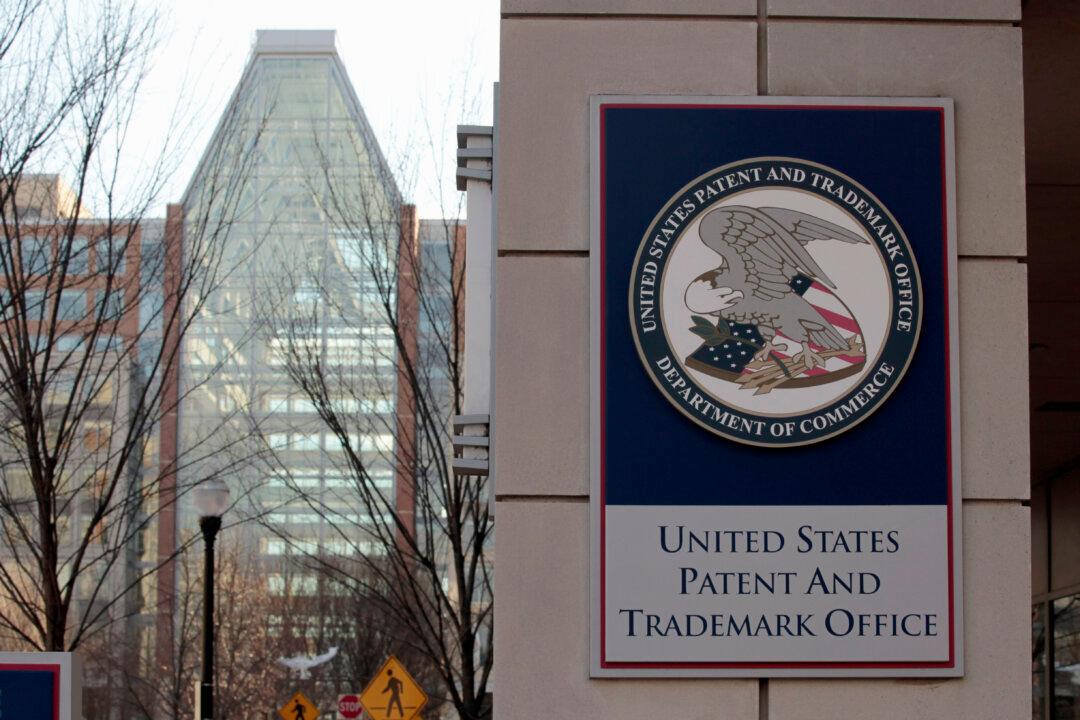After winning his case at the Supreme Court allowing the trademarking of a word that can be pronounced the same way as the past participle of a swear word, a designer found his application to trademark the actual swear word rejected by the Trademark Trial and Appeal Board (TTAB).
In a precedent-setting decision, the TTAB ruled on Aug. 22 that the curse word had become omnipresent in recent years and “now appears without fuss in an impressive range of cultural domains” and isn’t suitable for registration as a trademark.





